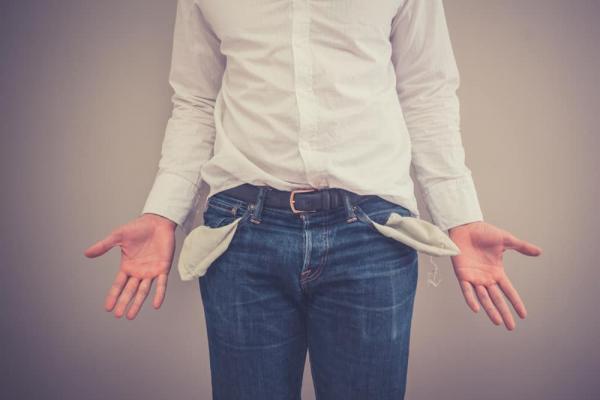
Did you make a New Year's resolution to get out of debt? What about a vow to set up a budget that works? Did you make plans to cut back on shopping or eating out to save money?
When it comes to New Year's resolutions there are three types of people:
-
People who don't even make resolutions because they know they will fail
-
People who make resolutions but can't make them stick
-
People who make resolutions and are actually able to keep them
A number of studies over the past few years have looked into why some people can make permanent changes while most people can't. These studies have identified what works and what doesn't, and knowing this information can help you develop permanent positive financial habits and pass them on to your children.
The big mistake that most people make is thinking they can use willpower or discipline to change a bad behavior to a good behavior. This is an ineffective tool to change behavior and is a key reason why resolutions fail. After a short time, willpower and discipline tend to wear out and old habits return (that's why the gym gets busy during January but is back to normal by February).
Once you recognize that willpower and discipline are not enough, it is easy to understand why resolutions to spend less don't last. Having a goal is not enough - you must create a system to achieve your goal that does not require long-term reliance on willpower.
Behavior change
The book, "The Power of Habit," by Charles Duhigg, suggests how people can successfully change behavior. The key step is not to stop a bad habit but to replace the bad habit with a good one that provides an equal or better reward. Duhigg shares the story of an overweight, chain-smoking woman who was able to stop smoking and lose weight by finding new ways to get the reward she once got from smoking and overeating. This model can also be applied to personal finance.
-
If you disagree with your spouse about a recent spending choice, you may raise your voice and make berating comments. Your reward is that it makes you feel better to share your feelings. Instead of this, what if you had a monthly meeting to plan out your spending for the next month? Your reward is coming to an agreement with your spouse - which should make you feel even better than blowing your top.
-
What if your teen is in the habit of coming to you for money for spending needs? Your reward is feeling good about providing for these needs. What if, instead, you take the money you would normally give your children each month and set up a chore chart for them to earn their money? You still have a way to get money to your kids, and your reward is that they learn that the best way to make money is to work for it.
Decision-free habits
Along with recognizing how successful behavior change works, you need to reduce reliance on willpower by setting up decision-free habits, eliminating the opportunity for you to make bad decisions.
-
Many adults, particularly in their younger years, don't think they make enough money to start saving for retirement. This is unfortunate, because if you start early, you actually don't have to save as much later because time is your best ally in growing your retirement investments. How about, every time you get a raise, you add a major portion of it to your IRA or 401k? If you make this automatic, you won't have to decide about it again. Since it starts with your increased pay, you won't notice that the money is not in your take-home pay. Decision free.
-
You can set up something similar to fund emergency savings. Make an automatic transfer each month or payday from your checking account to your savings account. Decide once how much you want this regular transfer to be and you're done. Because it happens automatically, you don't have to decide to do this each time. Decision free.
-
If you have a goal to spend less this year, your debit card and credit card could be sabotaging your spending plans. You will spend less if you set up a cash envelope system for categories such as food, entertainment and clothing. Fund each envelope on payday, and when the money is gone, you are done spending until next payday. Decision free.
Do you have a better understanding now of how behavior and habits work? If so, you should have the confidence you need to set up goals that you will be able to reach this time. What are you waiting for? Good financial habits are worth it.

